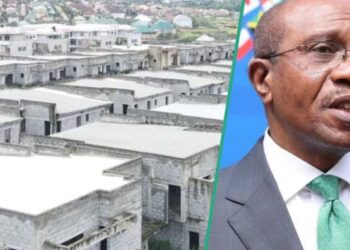
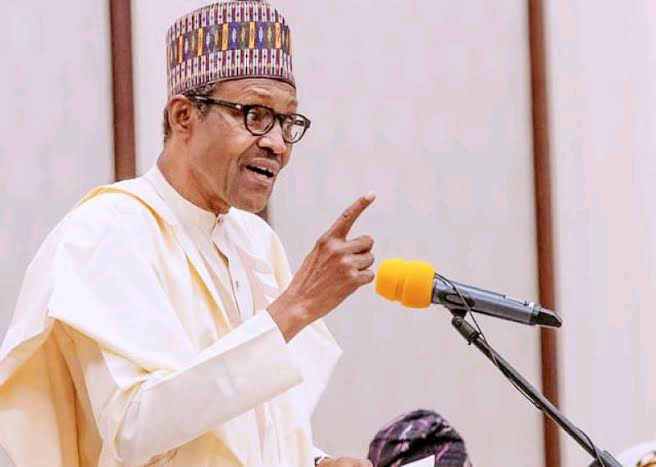
Speaking at a private gathering in his hometown of Daura, Katsina State, Buhari made it clear that anyone who dared to ask him to testify would face dire consequences.
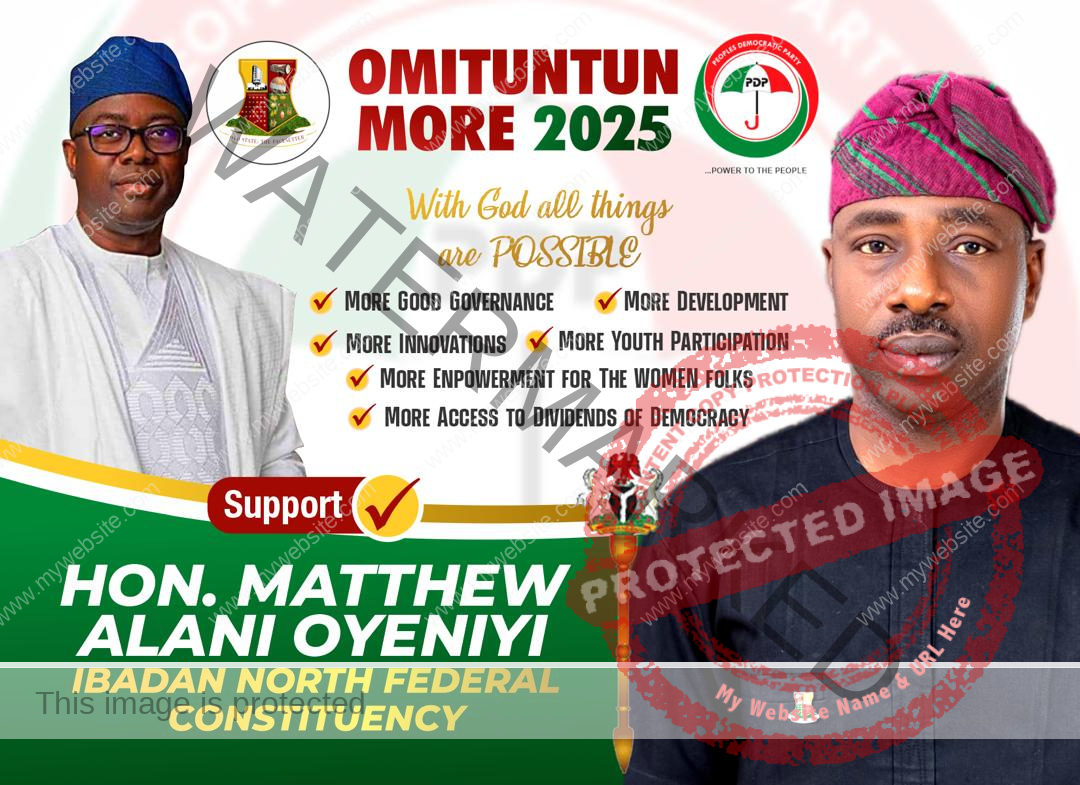
Former president Buhari has warned all his appointees against requesting his presence as a witness in court proceedings. In a stunning declaration that has sent shockwaves through the Nigerian political landscape, former President Muhammadu Buhari warned his former appointees against requesting his presence as a witness in court proceedings.
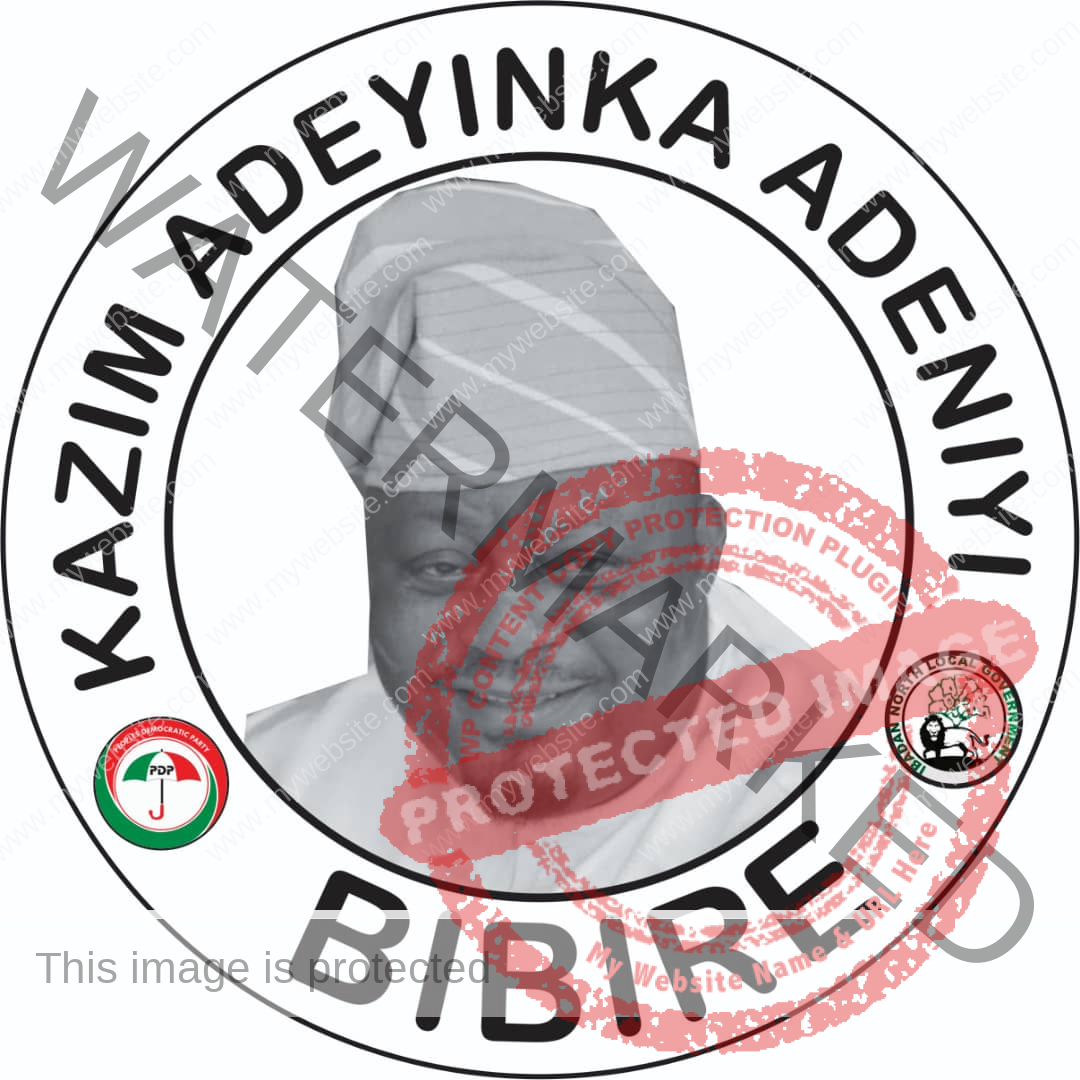
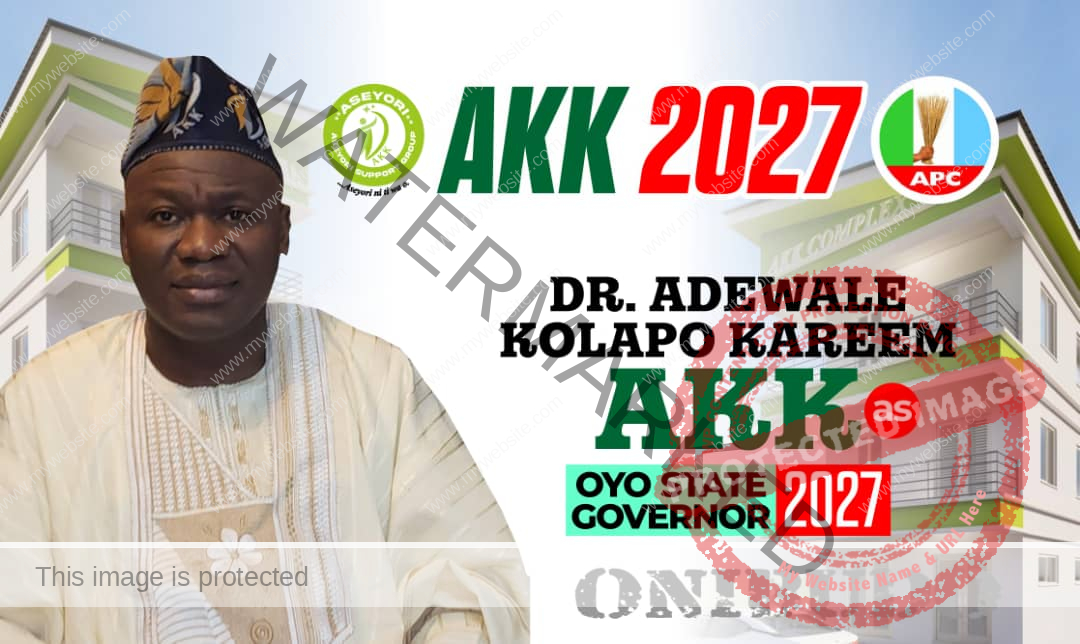
Former president Buhari has warned all his appointees against requesting his presence as a witness in court proceedings. In a stunning declaration that has sent shockwaves through the Nigerian political landscape, former President Muhammadu Buhari warned his former appointees against requesting his presence as a witness in court proceedings.
During his presidency, Buhari was instrumental in launching a massive anti-corruption campaign, promising to rid Nigeria of pervasive graft and restore public trust. Numerous high-profile figures were indicted, arrested, and prosecuted during his tenure, including former government officials, business tycoons, and politicians from various parties. The pursuit of justice has continued even after Buhari left office, with several trials still ongoing.

Buhari’s statement, seemingly delivered with a hint of disdain and menace, has raised concerns about the integrity of ongoing investigations and the potential interference in the administration of justice. Legal experts and political commentators have debated the legality and ethical implications of such a warning, as it appears to challenge the principle of impartiality and the pursuit of truth in legal proceedings.
Critics argue that Buhari’s declaration reflects a deeper issue within Nigeria’s justice system, where influential individuals can manipulate the course of justice to protect themselves or their associates. They view his statement as an attempt to evade accountability for the actions of his government and protect those loyal to him. Such concerns raise questions about the potential erosion of the rule of law and the independence of the judiciary. Supporters of the former president, on the other hand, contend that Buhari’s warning stems from a desire to shield himself from politically motivated attempts to drag him into legal battles, diverting attention from the substantive issues at hand. They argue that his presidency saw significant progress in the fight against corruption and that his legacy should not be tarnished by the actions of a few corrupt individuals.
The response from legal and political circles has been mixed. Some senior lawyers and human rights activists have condemned Buhari’s statement, highlighting the importance of the rule of law and the need for all citizens, regardless of their status, to cooperate with judicial processes when called upon. They argue that no individual should be above the law and that justice must prevail without fear or favor. In contrast, others have cautioned against rushing to judgment without fully understanding the context and motives behind Buhari’s remarks. They assert that the former president may have concerns about the politicization of the legal system and believes that certain individuals may exploit the opportunity to settle scores or engage in a witch-hunt against his administration.
As the news of Buhari’s warning spreads, it has fueled speculation about the potential impact on ongoing corruption trials and investigations. Legal experts predict that defense attorneys may seize upon this statement to question the fairness and impartiality of the judicial process, leading to protracted legal battles and potential delays in the delivery of justice.




